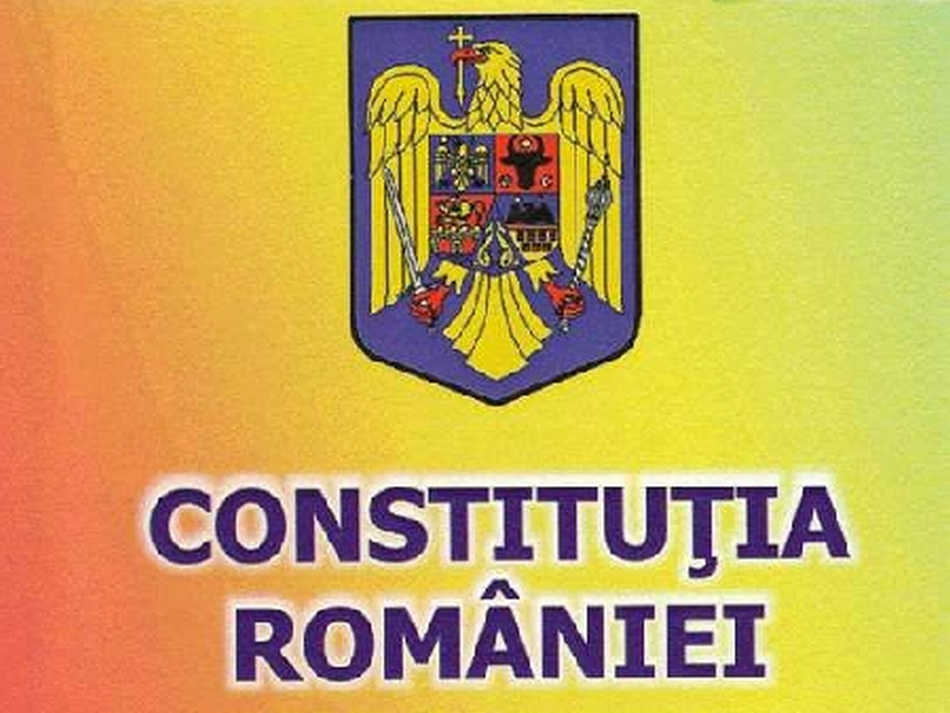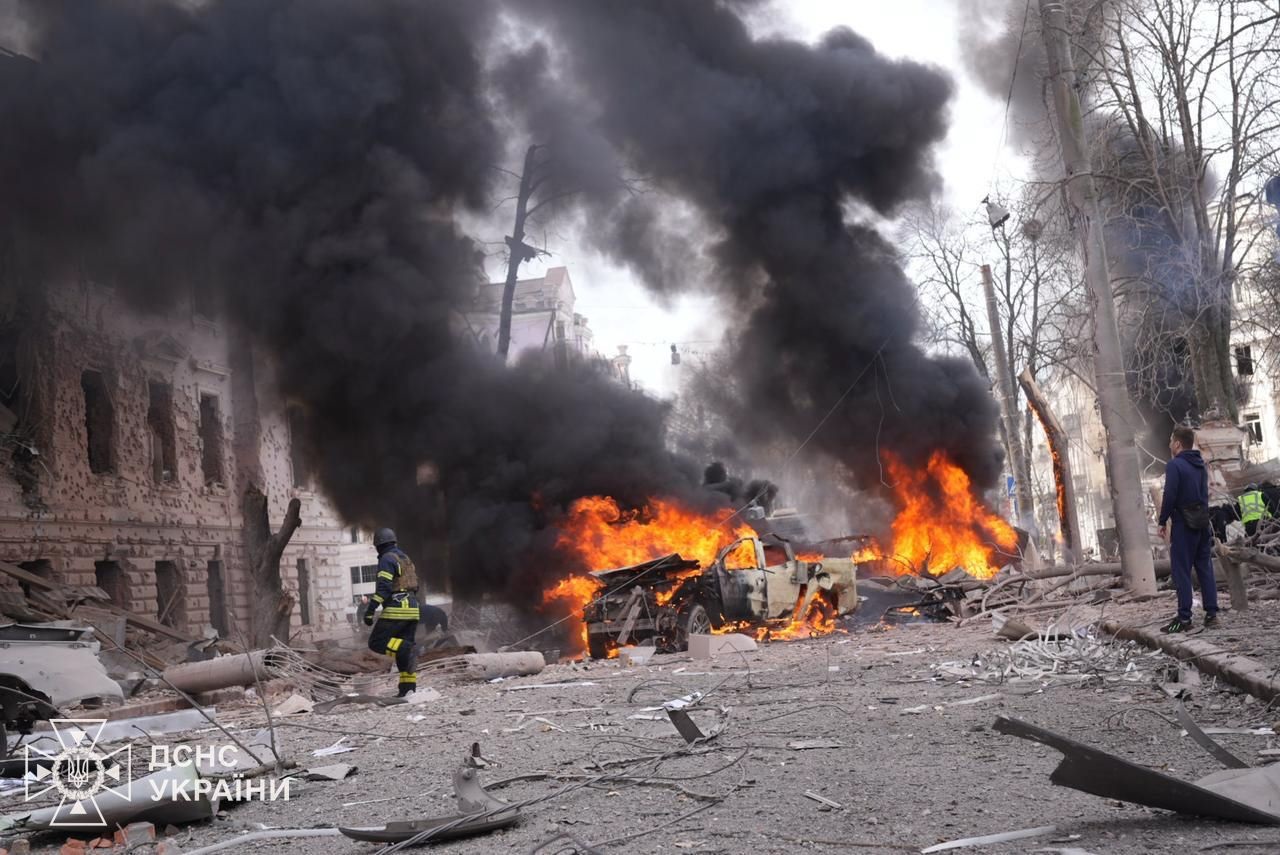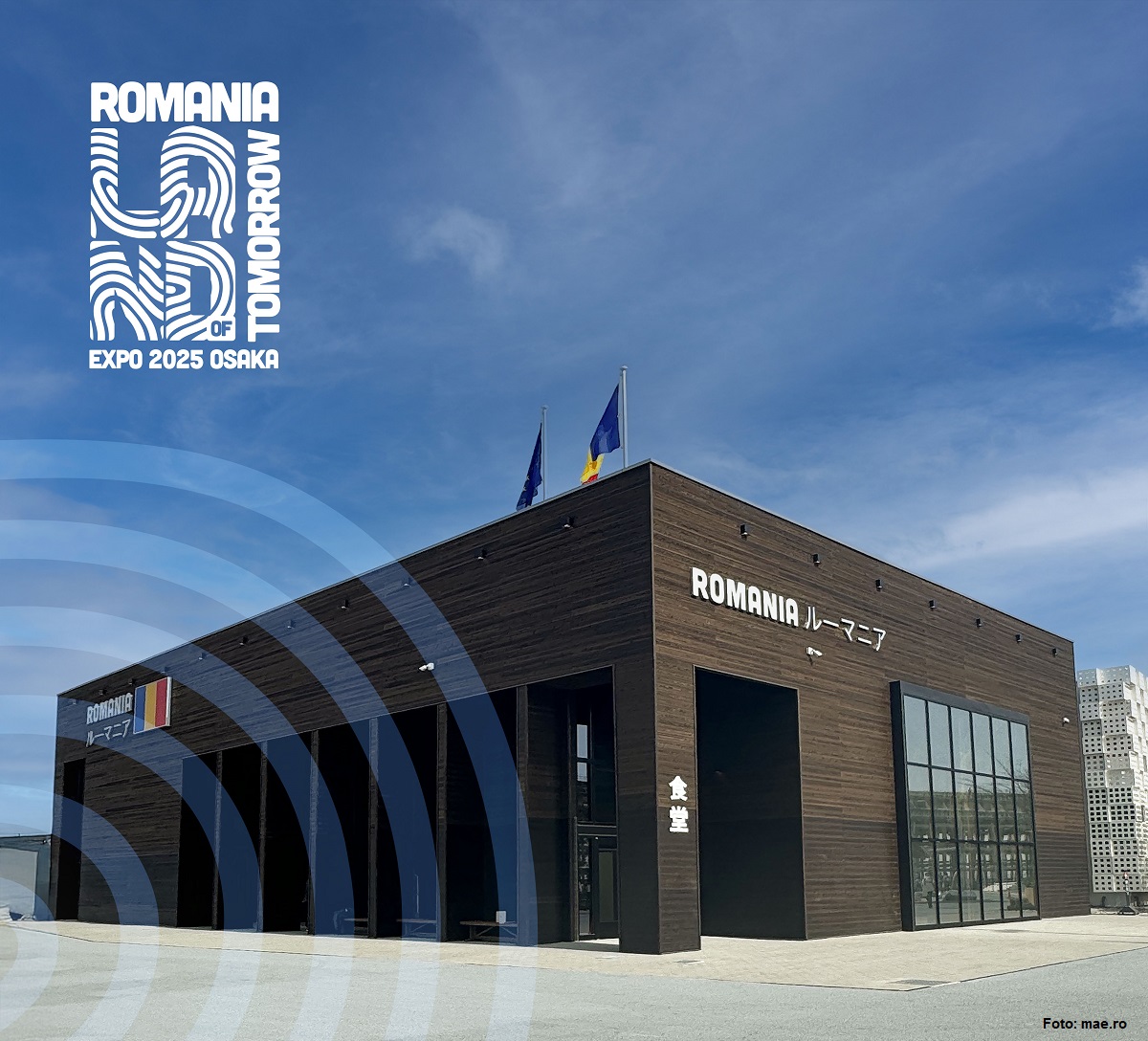The Revision of the Constitution and the Political Class
The parliamentary committee for the revision of the Constitution wants to complete the debate of all proposals to modify the Constitution by the end of the week.

Roxana Vasile, 17.06.2013, 13:30
The leader of the Democratic Union of Ethnic Hungarians in Romania Kelemen Hunor has recently tackled the debates regarding the revision of the Romanian Constitution, saying “I have a feeling that things are moving forward, and everything is normal and in line with EU standards”. Kelemen Hunor has also highlighted the accelerated work rate of the parliamentary committee in charge with drafting proposals to amend the Constitution.
The Romanian official spoke publicly about his cooperation with the Social-Liberals, one which he deems “open” and “responsive”. Instead, the Liberal-Democrats in opposition have not refrained from issuing repeated warnings regarding a possible appeal to the Venice Commission, while the Party of the People headed by Dan Diaconescu decided to withdraw its representatives from the parliamentary committee, arguing that debates are nothing but a “masquerade”. Talks targeting sensitive issues continued to spiral out of control, generating heated arguments that have spilled into the public sphere. In its current form, the draft law to amend the Constitution provides, among other things, for curbing the mandate and remit of the president, while giving Parliament increased control over administrative affairs.
Thus the president’s term in office will be limited to 4 years (as compared to 5 years up to the day), Romania’s coat of arms will be reintroduced on the national flag, after a 23-year break, and media agencies and groups will have to make public their shareholding structures. As regards political party switching, a feature of Romanian post-1989 politics, under the new Constitution the mandate of MPs is terminated the moment an MP withdraws from the party that won him his MP seat. The Constitution also acknowledges the important historical role of the Royal House, of ethnic minorities, of the Romanian Orthodox Church and of other religious denominations in building and shaping the Romanian modern state. So far no proposal has been made to replace the two-chamber Parliament with a single chamber one.
This proposal of civil society, enthusiastically endorsed by the majority of Romanian citizens in the 2009 referendum, has not been included on the agenda of the parliamentary committee. Romanian President Traian Basescu last week insisted on this issue, kicking off proceedings to launch a new referendum on this matter, with a view to introducing the single-chamber Parliament in the new Constitution. Consequently, Parliament’s judicial committee must draft a report on Traian Basescu’s proposal and submit it to Parliament for debate by Tuesday or Wednesday at the latest. Within 30 days of receiving Parliament’s approval, which is however merely consultative, the president must communicate to the Government a final date when Romanians will have to vote in favour or against a single-chamber Parliament with a limited number of 300 MPs.
“If the president wants a referendum, he will get one. But as long as the president doesn’t interfere directly and unconstitutionally in the Government’s work, Romania won’t have another domestic political crisis”, Prime Minister Victor Ponta has announced, in an attempt to dispel fears that a new scandal would broke out, after last year the Social-Liberals tried to impeach Romania’s president.






























